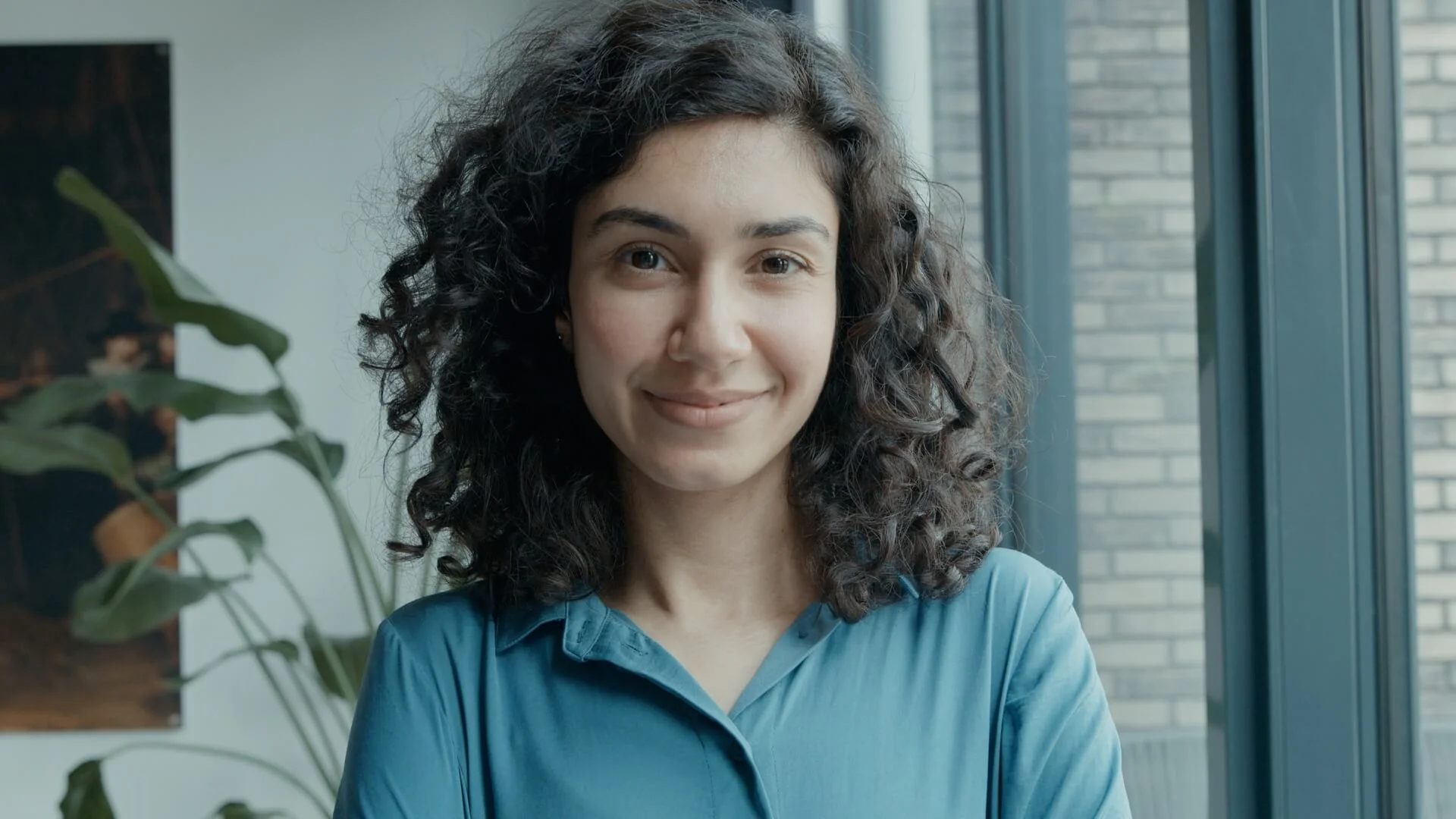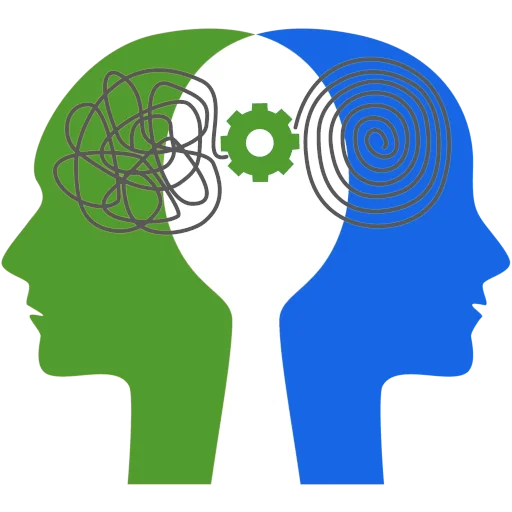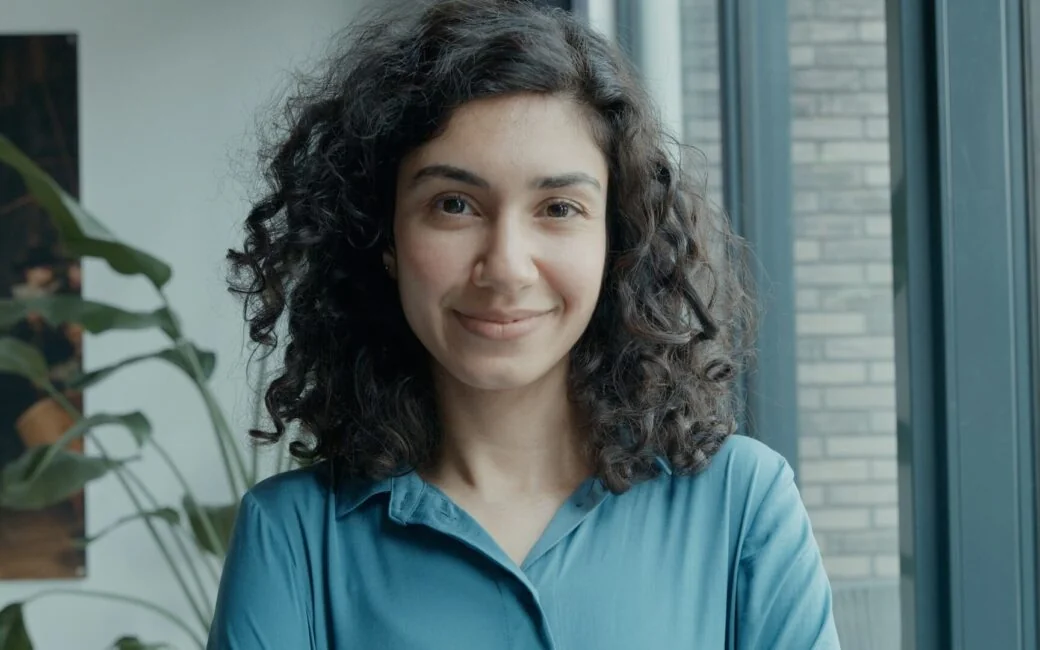
Addiction And The “Brain Disease” Debate
 The recognition of addiction as a disease has been a significant shift in the medical community since the American Medical Association declared alcoholism an illness in 1956 and addiction a disease in 1987 which has not gone without its own controversy which persists to today.
The recognition of addiction as a disease has been a significant shift in the medical community since the American Medical Association declared alcoholism an illness in 1956 and addiction a disease in 1987 which has not gone without its own controversy which persists to today.
In layman terms of the medical perspective, which views addiction as a chronic, relapsing and progressive brain disorder characterised by changes in the brain circuits related to reward, stress and self-control.
Essentially addiction hijacks the brain’s pleasure/reward circuits, leading to compulsive substance use despite negative consequences.
These changes persist well after substance use has stopped, crossing over from medical definitions to psychological definitions and an infinate range of social conditions. Which is why addiction is often referred to as a “complex condition” influenced by brain chemistry, environment and individual circumstances not merely a result of weak willpower, genetics or moral failing.
The disease model of addiction has profound implications for treatment and societal perception. Calling addiction a “brain disease” not only translates it into the medical condition it is but also that addiction is treatable condition.
This model helps remove stigma and shame, creating a more acceptable and effective approach to recovery. The disease model views addiction as a public health issue, with tangible, goal-oriented strategies for recovery rather than infinate punitive measures that society has adopted todate.
This shift from marginalisation and criminalisation to actual medical treatment is a shift toward actual support and care in the path towards recovery that recognises the role of both the individual and societal responsibility in managing and overcoming addictions.
The “disease model” is not only born by the affected person but by a friends, family and society that has rejected or neglected to address addiction appropriately as a medical condition.
Recognising addiction as a brain disease is an attempt to change perceptions, stigma and bias of friends, family and society at large to set aside the prejudices, aviodance and denial and seek treatment and understand that addiction is a complex medical condition that requires appropriate medical, psychological and personalised care.
We simply cannot write it off to a moral failing, or shift the blame to genetics and avoid addressing the underlyng cause. With a progressive disease there is a strong possibility that professional, empathetic treatment akin to the approach for other chronic diseases like diabetes or hypertension.
What does addiction do to the brain?
Addiction’s impact on the brain is profound. Drugs and alcohol alter the brain’s pleasure and reward circuits, creating an intense desire for more. This change leads to increased anxiety and stress when not using substances. The notion that individuals with addiction are solely responsible for their condition, lacking willpower or moral strength, is a misconception. In reality, addiction is not a choice continued despite negative consequences. It’s a brain disease, as established by medical science, contradicting the belief that addiction results from personal failings or intellectual deficiencies.
Is drug addiction a brain disorder and it is treatable?
Is addiction to drugs a brain disorder and can it be treated? Neuroscience advancements have illuminated how drugs impact the brain, revealing addiction as a chronic brain disorder amenable to treatment. Those addicted often find themselves powerless against their intense cravings for drugs, even in the face of harmful consequences. This compulsive need stems from brain alterations due to prolonged drug use, influencing behavioural changes. An addicted individual’s actions increasingly revolve around acquiring, using and recovering from drugs’ effects, persisting despite health issues, strained relationships and life setbacks. Family members, out of frustration, may misinterpret these compulsive behaviors as intentional self-harm.
What causes addictive behavior?
Addiction arises from a complex interaction of factors, including changes in brain chemistry, genetic predisposition, environmental influences and psychological conditions. Substances and behaviors that stimulate the brain’s reward system release pleasure-inducing chemicals like dopamine, leading to repeated engagement in these activities to recreate the euphoric experience. This process, combined with an individual’s genetic makeup and external factors like exposure to drugs or stress, contributes to the development of addiction. Psychological aspects, such as trauma or existing mental health disorders, also play a significant role in this intricate condition. As addiction progresses, it leads to changes in the brain’s functioning, resulting in dependency and increased tolerance to the substance or behavior. The individual’s life becomes heavily centered around the addiction, often neglecting health, relationships and responsibilities. This complexity necessitates a holistic approach to treatment, addressing not only the physical dependency but also the psychological and environmental factors. A comprehensive understanding of these multilayered elements is essential for developing effective, empathetic and sustainable interventions for addiction recovery.
What is a behavioural addiction in the brain?
Behavioural addictions occur when activities impact the brain’s reward system, much like substance abuse does. Individuals grappling with behavioural addictions often experience the same dopamine-induced effects as those abusing substances. This similarity leads to issues such as impaired relationships, difficulty controlling impulses, obsessive behaviors, constant distractions and financial problems. Dr. Nora Volkow, Director of the National Institute on Drug Abuse in the United States, has emphasised that addiction alters the brain’s functioning. She explains that without the addictive substance or behaviour, the brain sends out signals similar to those experienced during starvation. These signals are so potent that they convince the individual that continuing the addictive behaviour is fundamental for survival. The severity of an addiction escalates with continued use. The progression of addiction is typically gauged by the amount and frequency of the substance or behaviour, as well as the context in which it is used. As the addiction deepens, its hold on the person’s life becomes more pronounced, often leading to increasingly harmful consequences. Understanding the nature of behavioural addiction is key in recognising its seriousness and the need for appropriate treatment strategies.
What are the 4 elements of addiction?
The 4 C’s compulsion, craving, consequences and control differs significantly from other neurological disorders. Compulsion describes the overwhelming urge to use a substance or engage in a behaviour despite knowing its adverse effects, while craving is the intense desire that prioritises the addiction over other needs. Consequences include the addiction’s detrimental physical, emotional, financial or legal impacts that the person is unable to avoid. The control aspect highlights an individual’s reduced capacity to limit or cease the addictive behaviour. Substance Use Disorder the most severe stage of addiction, is a mental disorder that impairs brain function and behaviour, leading to an uncontrollable use of legal or illegal drugs, alcohol or prescription medication. Symptoms vary in severity and, as addiction worsens, the substance becomes a priority, often used in previously avoided situations, escalating adverse outcomes and complicating the disorder’s management. This progression can cause serious health issues, disrupt social ties, financial stability, legal standing and damage familial relationships.
While addiction profoundly impacts an individual’s life, it doesn’t render them powerless. Similar to managing chronic diseases like asthma, diabetes or hypertension, where lifestyle choices play a significant role, individuals with addiction must take responsibility for their recovery. This involves making choices that support their well-being and help them overcome their dependence.
Understanding addiction as a brain disease requires a paradigm shift in perception. It’s not just a matter of willpower; it’s about recognising the profound changes in brain chemistry and function that addiction causes. By viewing addiction in this light, it’s possible to approach treatment and recovery with empathy and effectiveness offering hope and support to those grappling with this challenging condition.
Whilst addicted people are not responsible for their illness, they are responsible for their recovery. People in recovery from addiction need to take responsibility for the initial choice to try drugs. What other choice could they have made to deal with their fears and struggles etc. Once addicted though, his or her brain has been altered by prolonged drug use and their addiction takes on a life of its own. However with the right kinds of support and proper addiction treatment, the addicted person can begin to make the right choices for recovery and follow them through.
Is addiction classified as a disease in psychology?
Addiction is more than just a biological issue; it’s influenced by a variety of factors including social, psychological, cultural and environmental aspects. These elements significantly impact the development and persistence of addictive behaviors. Understanding addiction as a multifactorial issue is fundamental for effective treatment, which must address not only the biological but also the psychological and social dimensions of the condition.
Classifying addiction as a disease in psychology is both a strategic and empathetic move. It changes the conversation around addiction from blame and judgment to understanding and support. It points to the need for comprehensive treatment approaches that consider the complex interplay of various factors in an individual’s life.
Benefits of the Disease Model
Reduces Stigma for Individuals with Addiction
The medical model of addiction is effective because it helps to bridge the gap between those struggling with addiction and those who can assist them by eliminating the stigma often associated with addiction. Viewing addiction as a disease rather than a personal failing, prevents the alienation of individuals struggling with a mental health issue, helping them avoid deeper substance dependence. This approach cultivates an environment conducive to open discussions and meaningful progress in recovery centers.
Promotes a Structured Approach to Recovery
Historical approaches involving disdain, punishment or violence towards individuals with addiction failed to address the root of the problem. By treating addiction as a public health issue, the medical model establishes clear, achievable goals, treating individuals with the respect and dignity necessary for successful recovery. This structured approach prioritises public health, setting concrete objectives for recovery.
Counters the Detrimental Impacts of Criminalisation
The criminalisation of addiction over the last century, particularly in the last 25 years, has not effectively curbed addiction rates. Despite efforts, drug use and addiction continue to escalate, wreaking havoc in communities across the United States. The medical model shifts the focus from criminalisation to medical assistance, treating individuals with addiction as people in need of help rather than criminals. This shift is fundamental for the model’s success in combating addiction.
Comprehensive list of addiction types that can be considered under the “brain disease” model for addiction treatment.
Help For You
Rehab might feel like a scary option. However you are here for a good reason. Don’t wait until your life falls apart. Let's chat about some options.
Help A Loved One
If you feel as if you are losing someone you love to drugs or alcohol? We can help you find the right support and care to change course they are on.
Frequent Questions
Addiction can become a complex issue, dealing with loved ones and relationships that are in turmoil. We are here to help navigate the path with you.
